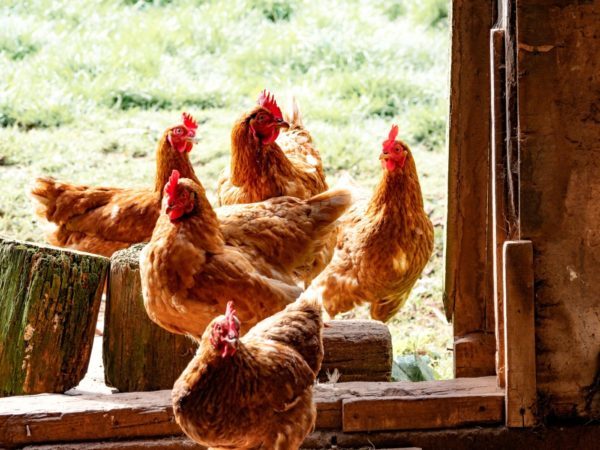How to eat sustainably without giving up meat
A great way to reduce your carbon footprint is by cutting out meat and dairy, (by up to 50%). This is a key reason why veganism is now more popular than ever. However, whether it is due to personal choice or a medical reason, turning vegan isn’t for everyone; despite this, it is still possible to reduce your carbon footprint, without giving up meat for good. This can be done by eating sustainably.
One of the best ways to reduce your contribution to the climate crisis is by introducing more plant-based alternatives into your diet. If you are a meat eater, this may seem pointless but every small change you make adds up to a more sustainable diet. Not eating meat for even one day a week will be great for the environment. It cuts your weekly carbon emissions by 25%! It can also help you discover new plant-based foods, such as quorn. As well as this, alternatives are often much cheaper than meat!
Making conscious decisions when shopping for meat, dairy and eggs can also go a long way to help reduce your environmental impact.
If you do not want to give up meat, using plant-based milk such as oat or soya can reduce the amount of dairy you consume. Not only this but many people prefer the taste of plant-based milks over dairy. One study showed that 68% of Americans who buy plant-based milks do so due to preferring the taste. By switching to plant-based alternatives once in a while, you will be helping to preserve fresh water and reduce the amount of methane pumped into our air.
Making conscious decisions when shopping can also help reduce your environmental impact. It is always a good idea to buy free-range eggs to ensure the chickens weren’t caged and kept in terrible conditions. When buying meat, isn’t as easy to determine the conditions the animals were kept in. But it is wise to avoid the cheapest option in the supermarket- this has most likely been mass produced without a consideration for the welfare of the animals.
While buying free-range eggs and ethically sourced meat can be more expensive, eating these products less often reduces your overall spending. You’ll also be reassured that you are making environmentally conscious decisions.
Buying fresh in-season produce is also a great way to eat more sustainably. As much as you might desire strawberries in the winter, there are many benefits to buying fruit and veg which are in season. Your food is also bound to taste better, as it won’t have been treated with numerous ripening agents. Your carbon footprint will be reduced because of less reliance on internationally-shipped produce. This will also help to support local businesses and UK farmers.
There are always small changes you can implement into your day to day life
With 290,000 tonnes of meat and fish produce discarded in the UK each year, food waste is an important issue. If you choose to eat meat and dairy, you should ensure it doesn’t pass the use-by date and get thrown away. If you can’t eat your meat before the expiry date, freezing it is a great option. There are also a variety of recipes online which can help turn leftovers into a delicious meal- this not only saves you money but also reduces food waste. Composting is a great way to dispose of food as it reduces landfill waste and can be used as fertiliser for your plants!
Whatever diet you choose to follow, there are always small changes you can implement to reduce your carbon footprint. Veganism will never be achievable for everybody on the planet but if everyone made a few conscious shopping and cooking changes, our contribution to global emissions could be greatly reduced!

Comments